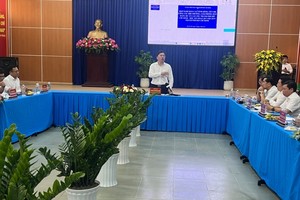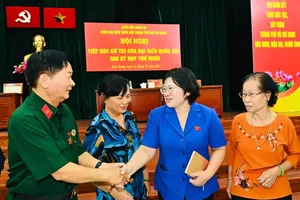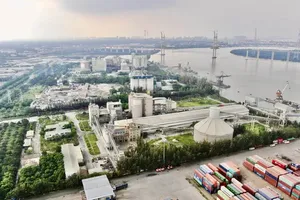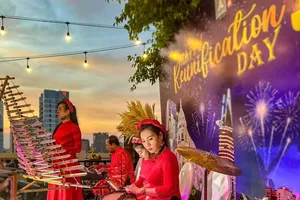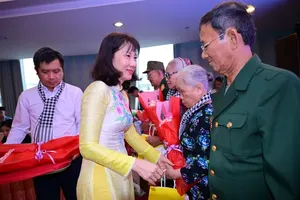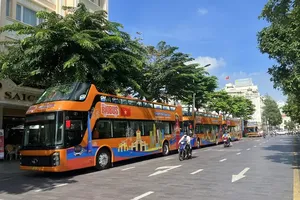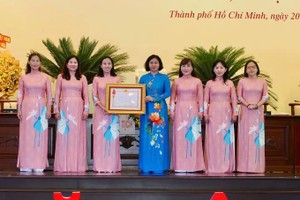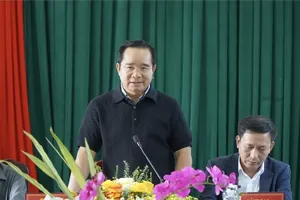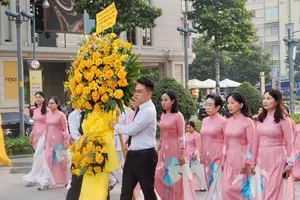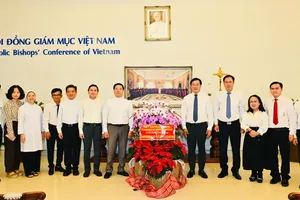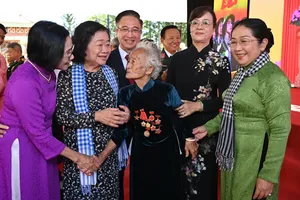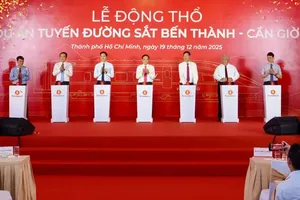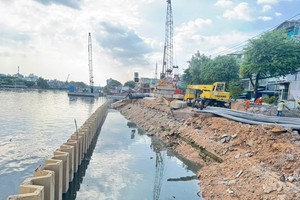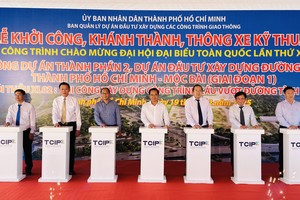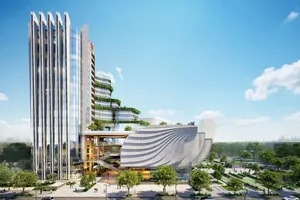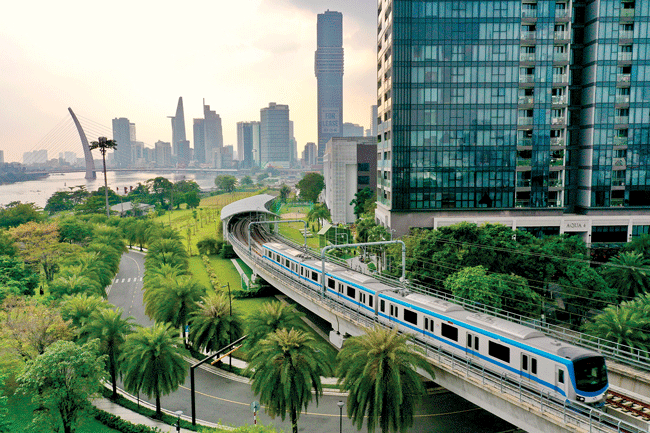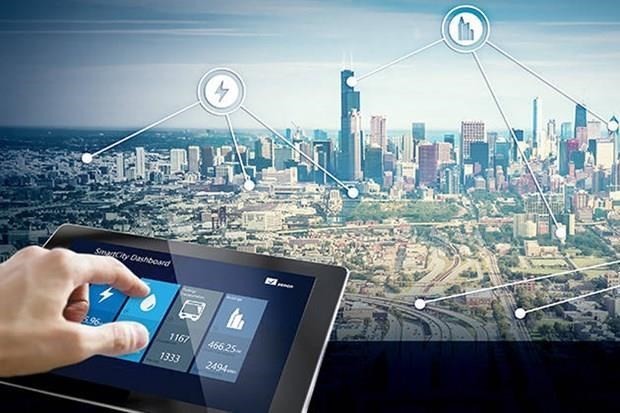
Speaking at the event, Rector of the Ho Chi Minh City University of Social Sciences and Humanities Ngo Thi Phuong Lan said commitment among ASEAN countries’ governments on building a network of smart cities in the region was adopted at the 32nd ASEAN Summit in Singapore in April 2018.
She said Hanoi, Ho Chi Minh City and Da Nang will join the network of 26 regional smart cities.
Reports at the event touched upon Ho Chi Minh City’s smart city development in socio-economic-cultural, and technical-environment aspects.
Participants also discussed experience and lessons learnt from ASEAN and foreign countries. They highlighted the need to devise a proper roadmap to keep typical characteristics of the city intact.
Dr. Vu Thi Mai Oanh from the Ho Chi Minh City Cadre Academy said the use of modern technology in socio-technical infrastructure and management of smart cities is inevitable, but what matters is how to keep the Vietnamese identity there.
Malaysian architect Michael Ling Tiing Soon said the smart city development project also aims to deal with flooding, traffic congestion and environment protection while improving interactions among State agencies, businesses and the people.
Delegates also looked into opportunities and challenges for Ho Chi Minh City in the process, and gave proposals regarding management of transportation, wastewater and environment.
